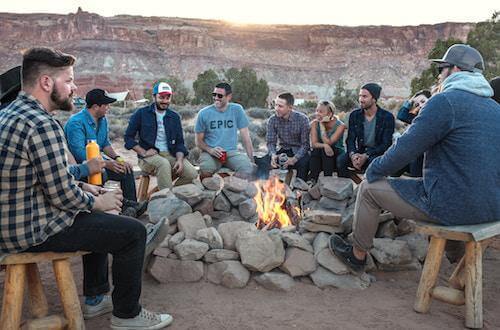Estimated reading time: 2 1/2 minutes
Most people don’t want everything their way,
Just a little respect to bless them in their day.
Most people are quite happy if you look at them and smile,
Just a little consideration goes the extra mile.
Most people are crushed by an insensitive remark when low,
Just a little kindness is a blessing to everyone, you know.
Most people are gentle and humble enough of heart,
Just a little grace their way helps them finish what they start.
Most people don’t need what you think,
Just a little courtesy so they don’t feel you think they stink.
Most people will respond well if you allow them what they feel,
Just a little forethought makes it possible for them to heal.
Most people don’t crave power,
Just a little joy to behold their living hour.
Most people are endeavouring to make the most of their life,
Just a little love can help them avoid a lot of strife.
Most people don’t worry if you’ve made a mistake,
Just a little effort to say sorry is right, for goodness’s sake.
Most people will forgive the hurt you’ve brought their way,
Just a little understanding helps, by letting them have their say.
***
Most people are reasonable, though relational.

They don’t need all we might think they are asking for. They are not as unreasonable as they sound. They don’t think as we think. And they are not wrong because they are different to us.
Respect, consideration, forethought, understanding, and courtesy go a long way toward us being able to be kind, graceful and compassionate with others.
Respect, consideration, forethought, understanding, and courtesy go a long way toward us having loving credibility with others.
None of us can expect to win respect and love of others when we don’t issue love and respect on the first hand.
Love and respect win when we choose to respect and love others.
It doesn’t take much:
Just a smile instead of a frown.
Or an ear when someone is down.
Just a little goes a long way when it comes to handling our relationships. Just a little effort, a little time, a little thought. It’s what we’re expecting from them.
If we are prepared to start this way and maintain this way, we will find others will most often fall into a suit. But we don’t do it for their respect and love. We do it because it’s right.
Article Source: http://ezinearticles.com/expert/Steve_Wickham/145110
Article by Steve Wickham







